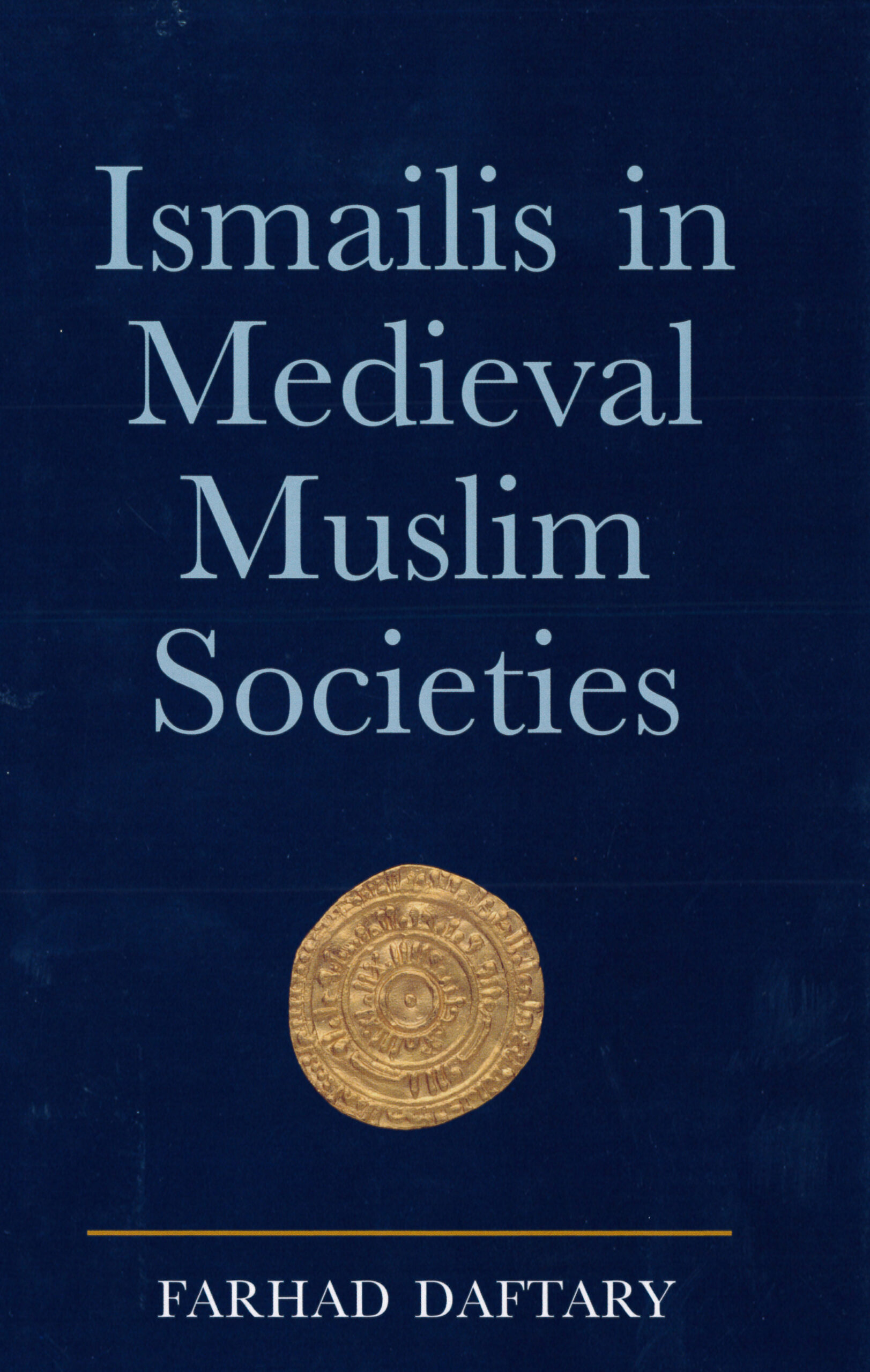Until the middle of the 20th century, the IsmailisAdherents of a branch of Shi’i Islam that considers Ismail, the eldest son of the Shi’i Imam Jaʿfar al-Ṣādiq (d. 765), as his successor. were studied and judged almost exclusively on the basis of evidence collected or fabricated by their enemies. As a result, a variety of myths and legends circulated widely, both in Muslim societies and in the West, regarding the teachings and practices of the Ismailis. The breakthrough in Ismaili studies came with the recovery and study of numerous genuine Ismaili texts that had been preserved in private collections in India, Central Asia, Syria, Yaman and other regions. Many of these texts have been edited, translated and published since the 1950s, thus contributing to the impressive progress in modern Ismaili scholarship.
This book deals with aspects of Ismaili history and thought in medieval times. Discussing the different phases in Ismaili history, it describes both the early Ismailis as well as the contributions of the later Ismailis to Islamic culture. A number of chapters deal with Ismaili individuals such as Hasan-i Sabbah. Other chapters contextualise the Ismailis within the medieval Muslim societies, in addition to investigating the Ismaili–Crusader relations and the resulting myths and legends about the Ismailis.
The essays collected in this volume, representing the results of modern scholarship in Ismaili studies, make a powerful contribution to our understanding of an Islamic community in medieval times and will prove invaluable to historians and scholars of the Muslim world.
Preface
Note on the Text
1. Diversity in Islam
2. The Ismailis and Ismaili Studies
Part I. The Early and Fatimid Phases
3. The Early Ismaili Movement and the Ismaili-Qarmati Schism
4. The Ismaili Daʿwa and the Fatimid Dawla
5. Sayyida Hurra: The Ismaili Queen of Yaman
Part II. The Nizari Phase
6. Historiography of the Early Nizari Ismailis in Persia
7. Hasan-i Sabbah and the Origins of the Nizari Ismaili Daʿwa and State
8. The Syrian Ismailis and the CrusadersA term applied to Christian invaders who carried out numerous campaigns to capture Jerusalem and Palestine from the Muslims in the 11th and 14th centuries CE.: History and Myth
9. Nasir al-Din al-Tusi and the Ismailis
10. Ismaili-Sufi Relations in Post-Alamut Persia
Part III. Aspects of Ismaili Thought
11. Intellectual Life among the Ismailis
Select Bibliography
Index
‘this book is not only of high academic calibre but is eminently readable…well produced and meticulously edited.’
– MELA Notes
Farhad Daftary is Associate Director and Head of the Department of Academic Research and Publications at the Institute of Ismaili Studies, London. He is consulting editor of Encyclopaedia Iranica, a member of the Advisory Board of the Encyclopaedia Islamica (3rd edition) as well as the general editor of the ‘Ismaili Heritage Series’ and the ‘Ismaili Texts and Translations Series’. He is the author and editor of several acclaimed books and numerous articles in the field of Ismaili Studies. His publications include The Ismāʿīlīs: Their History and Doctrines (1990), The Assassin Legends: Myths of the Ismailis (1994), Medieval Ismaʿili History and Thought (1996), A Short History of the Ismāʿīlīs (1998), Intellectual Traditions in Islam (2000), and Ismaili Literature: A Bibliography of Sources and Studies (2004).

